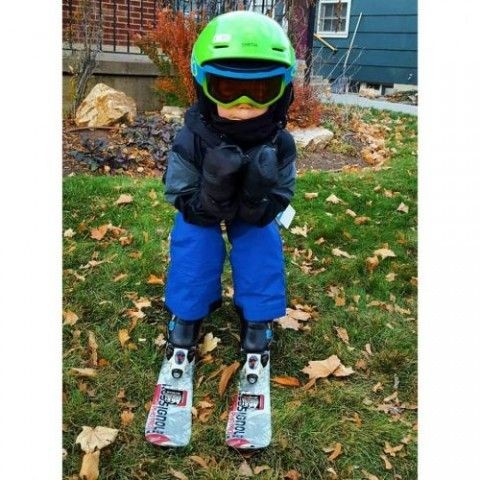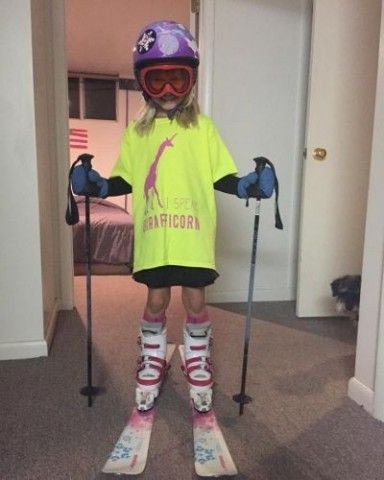
There is a power in preparing for future events by devising solutions and strategies for goals rather than emphasizing, simply, avoiding problems.
For example, having students identify what their best hopes are for their behavior during a field trip and asking them to identify those hopes in specific detail. If the student is unable to come up with their “best hope” we can ask them to think about what their teacher or parent would likely say if asked that question.
If you have a particular student anticipated in having more trouble than another, you could meet with a parent and/or teacher so they can hear the opinion of that other person word for word.
The following is how our school plans to approach students in preparation for Winter Sports and we suggest parents take a similar approach as you start engaging in conversations about the Winter Sports Program and the ski/ snowboard lessons.
Sample Situation 1:
Teacher/ Administration/ Parent:
Student, what are your best hopes for your behavior during winter sports (future event) this week?
Student:
I will behave myself/ act good/ some other generic response.
Teacher/ Administration/ Parent:
So, if you were behaving yourself/ acting good (student’s words) during winter sports (future event) this week, what would that look like? (student response) What would your ski instructor notice/see you doing? (student response)
[We are looking for specific behaviors here, with as much detail as possible. We also want these behaviors to be positively worded (so it’s not an absence of some negative behavior, it’s the presence of a positive behavior we are focusing on).]
Teacher/ Administration/ Parent:
So, let’s say that you were able to meet your best hopes. You _________, __________, and ____________ (list positive behaviors they identified they will display). If you did all those things during winter sports this week, what difference would that make?
After each future event, you want to help the student reflect on what went well (so we can do more of what works).
Sample Situation 2:
Teacher/ Administration/ Parent:
Student, what are your best hopes for your behavior during winter sports (future event) this week?
Student:
I don’t know.
Teacher/ Administration/ Parent:
Ok, well, what do you think your teacher would say? What do they hope to see from you during winter sports?
[You are looking for a specific behavior here, with as much detail as possible. We also want these behaviors to be positively worded (so it’s not an absence of some negative behavior, it’s the presence of a positive behavior we are focusing on).]
Student:
Um, the want me to ski well.
Teacher/ Administration/ Parent:
Ok, so if you were skiing well, what would that look like? [Student gives a description of turning, skiing not too fast etc.]
And what else do you need to do in order to ski well? Are there other things that you should be doing in your lessons to help you ski your best? [Leading into positive behaviors such as listening, following instructions, controlling their body, etc.]
So, let’s say that you were able to meet your best hopes. You ______________, ___________, and _______________ (list positive behaviors they identified they will display). If you did all those things during winter sports this week, what difference would that make?
After each future event we want to help the student reflect on what went well (so we can do more of what works). Help the student process the event. If an amends are in order consider having the student write an apology letter reflecting on the behavior, and perhaps how that behavior made you and other feel. This will help the student connect their behavior to environmental facets (you, instructors, other students etc).
This information was advised by school psychologist, Dr. Melissa DeVries.




